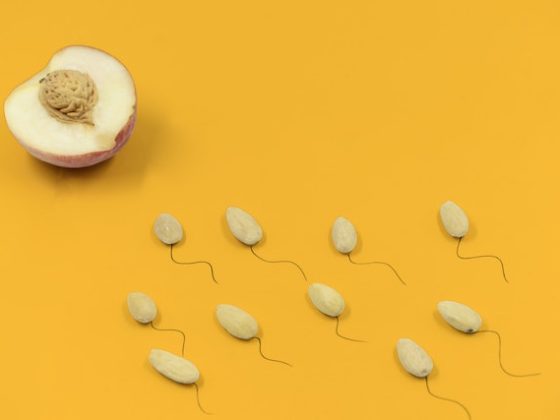Hey there! This post may contain affiliate links. As an Amazon Associate, I earn a teensy commission from qualifying purchases when you buy through these links (at no additional cost to you). For more info, please check the full disclaimer.
A study by experts at the University of Texas at Dallas revealed that a specific type of bladder bacteria could help identify which postmenopausal women are at risk of recurring Urinary Tract Infections (UTIs).
Per the research, postmenopausal women are primarily at higher risk of UTIs because of low estrogen levels. Estrogen keeps the internal microbiomes healthy. But if the estrogen levels become imbalanced, women may experience recurring infections.
The study further showed that other factors might also play a role in recurring UTIs, such as a previous history of UTIs or women with antibiotic-resisting genes.
UTIs are quite common in women, typically after reaching their 40s. These infections usually affect the kidneys, bladder, urethra, or ureters. However, most women are prone to bladder UTIs. According to WebMD, every one in two women has a risk of developing UTIs, which may occur many times throughout their lives.
Timely treatments, proper feminine hygienic practices, and regular checkups of the reproductive and urinary systems can help decrease the risk of UTIs. Add foods high in estrogen to your diet to regain natural hormone balance.
Read More: 8 Best Books for Menopausal Women








